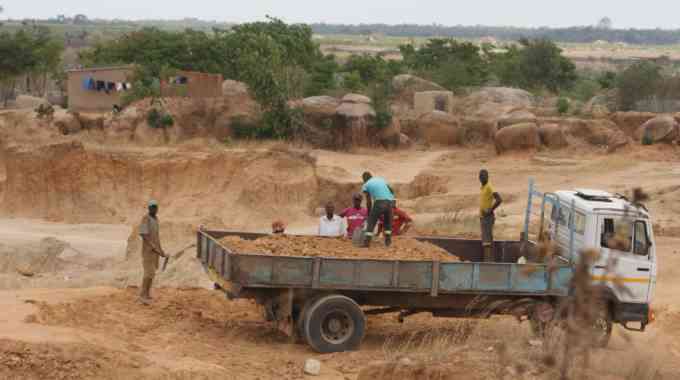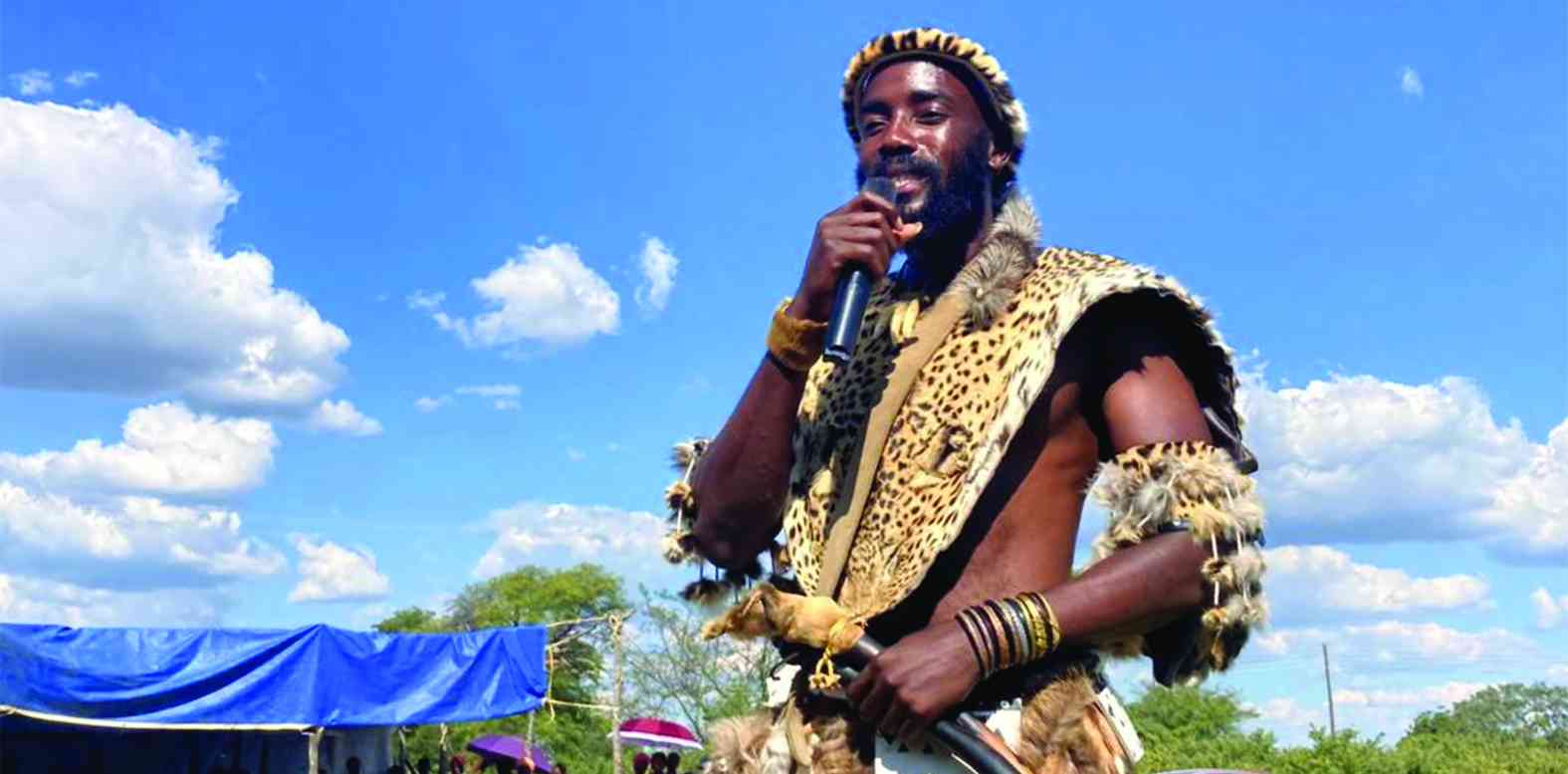
HWANGE Local Board says it has successfully ended illegal clay soil poaching and unauthorised brick moulding activities that caused severe land degradation for over 15 years.
The council says the intervention marks the start of a comprehensive plan to rehabilitate the damaged land and explore sustainable development opportunities.
Acting town secretary Paulos Mabhureni told Southern Eye Weekender that the council managed to engage illegal brick moulders over the past three months to stop their activities.
“We made a heartfelt plea for them to cease their operations. While many responded positively and left the area, minimal force was used to remove those who resisted,” he said.
Tools and bricks were confiscated, freshly moulded bricks destroyed and makeshift shelters dismantled.
The council said the confiscated bricks will be repurposed for public infrastructure projects, but the primary objective of the operation was to clear the area for rehabilitation.
Years of clay soil extraction had left large pits and rendered 10 low-density residential stands unfit for development.
The council now faces the costly task of relocating affected property owners to more viable locations.
- Travelling & Touring Town: status: Beckoning time for Binga, Hwange
- Hwange eyes town status
- Travelling & Touring Town: status: Beckoning time for Binga, Hwange
- Hwange eyes town status
Keep Reading
Mabhureni estimated the financial toll of rehabilitation at over US$30 000, factoring in penalties imposed by the Environmental Management Agency and rehabilitation costs.
“These activities have had a devastating impact on both the environment and our resources, but we are determined to restore the area,” he said.
With illegal operations now halted, the council has shifted its focus to restoring the land.
Plans include a large-scale reforestation project and transforming some of the pits into fish ponds to support a fish farming initiative aimed at generating income for the community.
“We remain fully committed to restoring the area and creating an environment where residents can thrive,” Mabhureni said.
The council said it would monitor the area closely to prevent a resurgence of illegal activities and ensure long-term sustainability.
Mabhureni said this signals a new chapter for the region, where environmental conservation and community development will go hand in hand.









